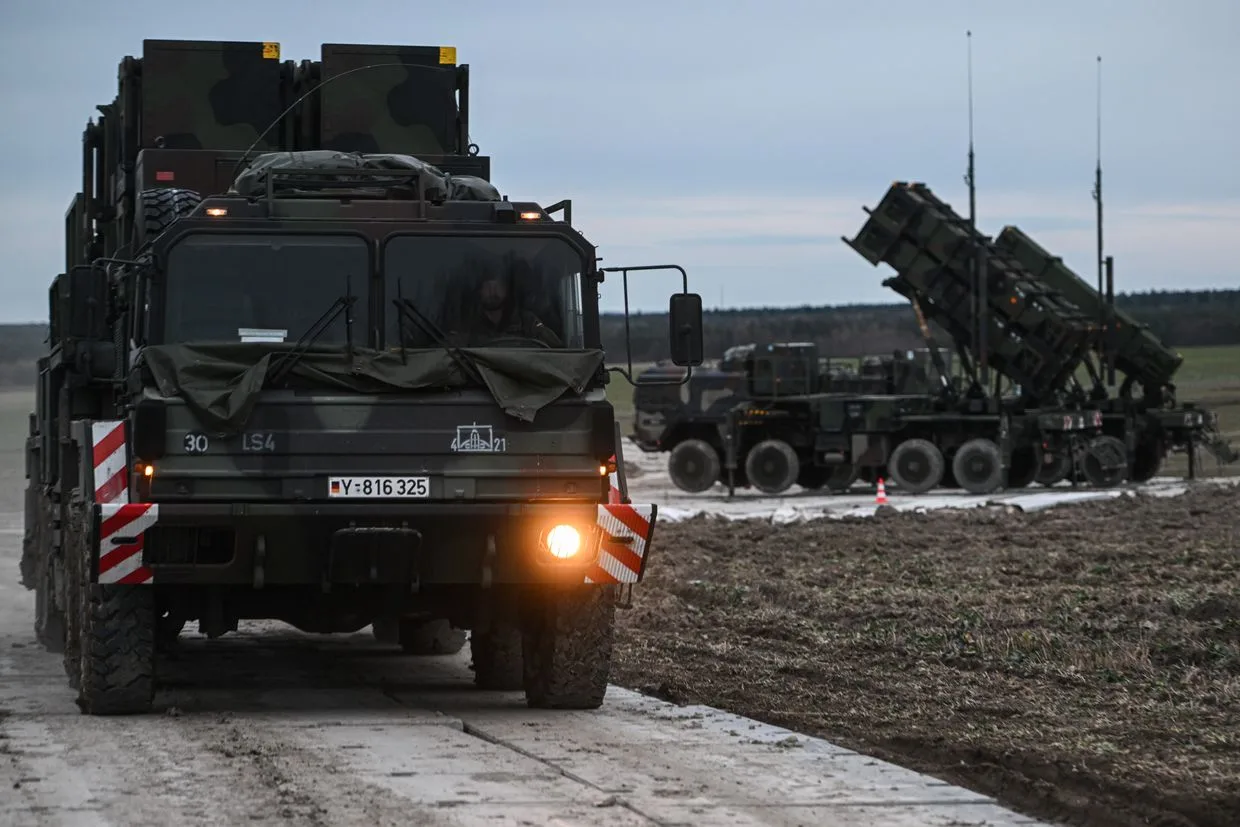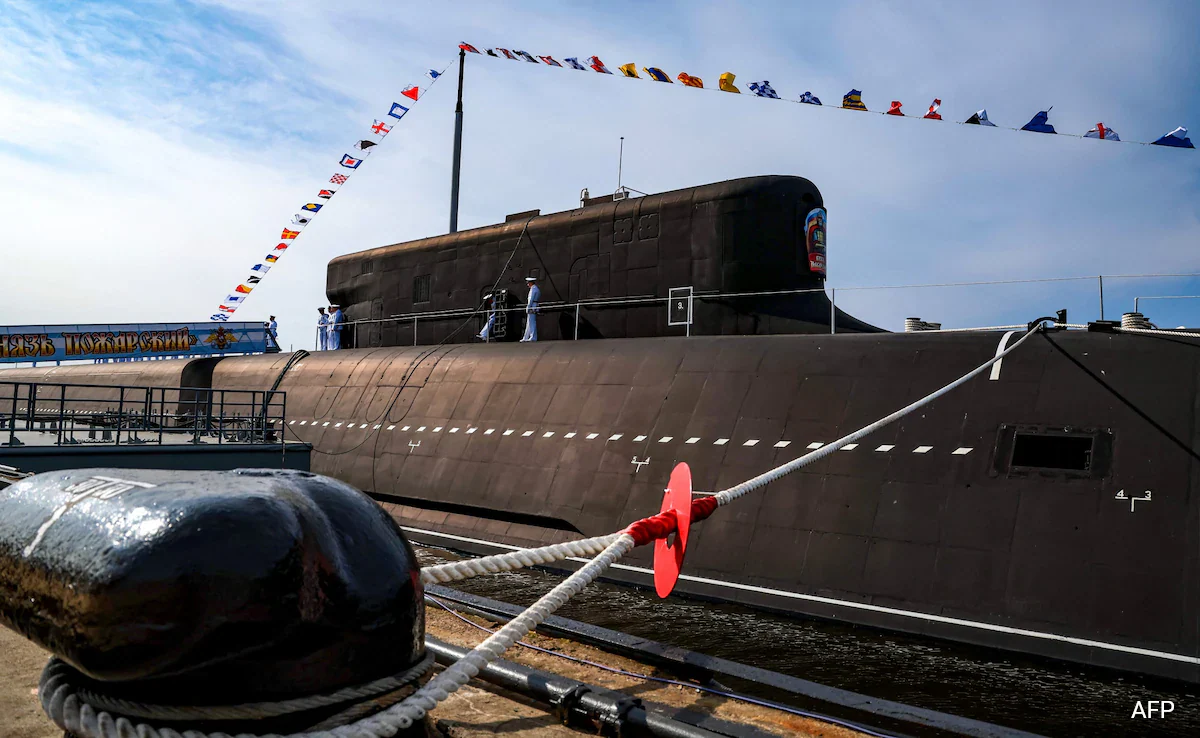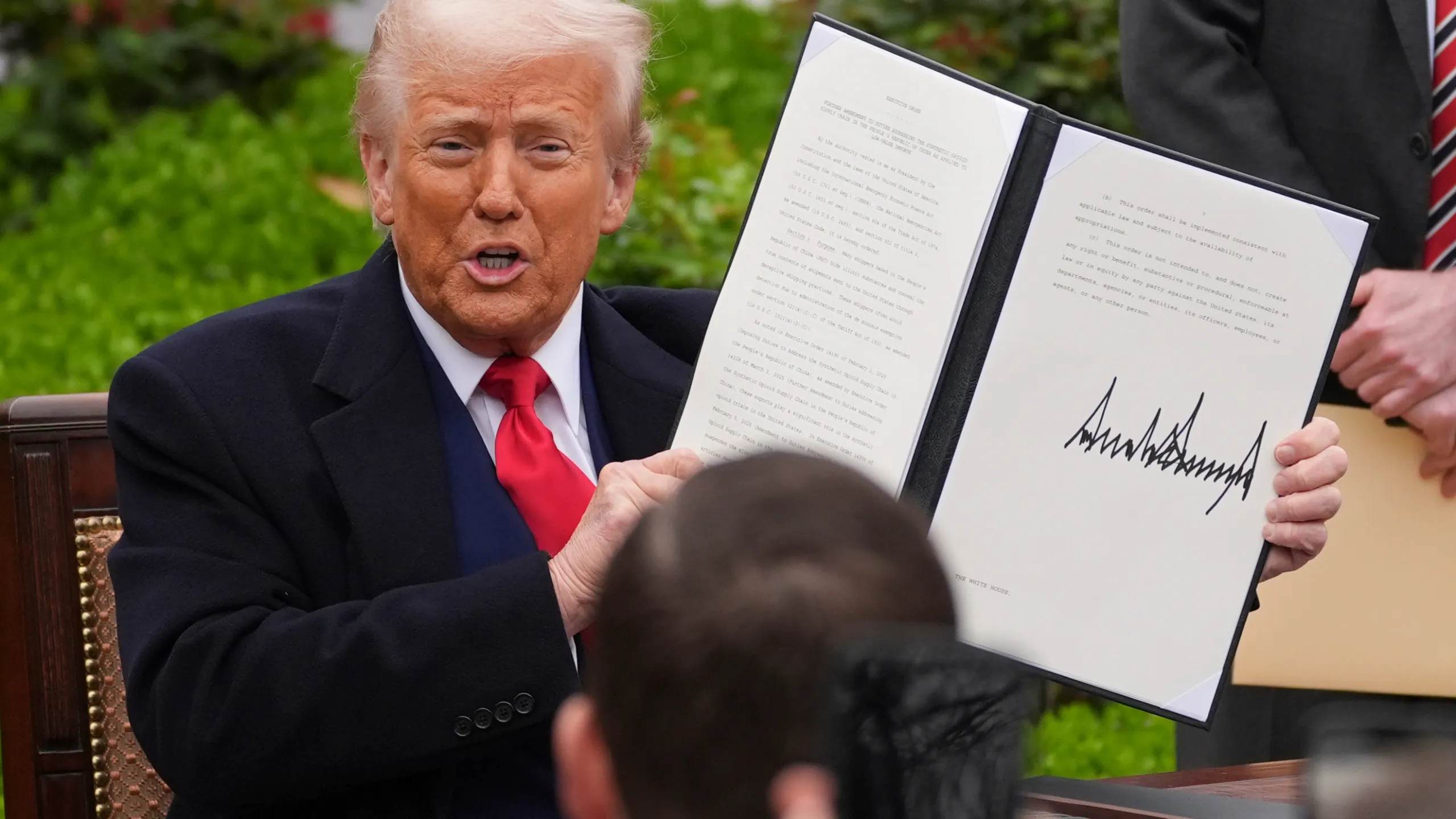
The geopolitical landscape in Europe has been navigating a complex web of alliances, tensions, and strategic considerations. One of the notable recent developments is Switzerland’s decision to postpone the delivery of its Patriot air defense systems, a move that underscores the intricate nature of international military aid and foreign policy. While Switzerland has traditionally maintained a stance of neutrality, its recent actions reveal the nuanced position it occupies amidst ongoing global conflicts, particularly the Ukraine crisis.
Recently, this report from Defence Industry Europe highlighted that Switzerland’s shipment of Patriot missile systems has been officially postponed. The decision, although seemingly technical, is embedded within the broader context of Switzerland’s evolving foreign policy stance and its response to emerging geopolitical pressures.
Implications of U.S. Support for Ukraine
The core reason cited for the delay is Switzerland’s cautious approach amid heightened support from the United States towards Ukraine. The U.S. has been actively providing military aid and strategic support to Ukraine in its ongoing conflict against Russian aggression. This support has drawn mixed reactions from various European nations, with some fearing that increased military aid could escalate tensions further.
Switzerland’s decision to hold back on delivering Patriot missile systems appears to be a diplomatic move, balancing its traditional neutrality with the pressures exerted by its allies, particularly the United States. Critics argue that such delays could potentially weaken collective defense efforts, while supporters believe that Switzerland is exercising caution to avoid becoming embroiled in a broader conflict or provoking unintended escalation.
Strategic and Diplomatic Ramifications
Maintaining Neutrality vs. Supporting Allies
Switzerland has long prided itself on neutrality, a policy that has historically protected it from external conflicts. However, in the face of increasing tensions in Ukraine and other volatile regions, the country is reevaluating its stance on military aid and technology transfers. The postponement of Patriot missile systems reflects this delicate balancing act.
Diplomatically, Switzerland aims to navigate its relationships carefully, supporting its allies without compromising its core principles. The delay may serve as a signal to the U.S. and other European allies that Switzerland is not willing to blindly follow suit but is instead exercising its sovereignty and careful judgment on military exports.
Impact on Military Alliances and Regional Stability
The delay could have ripple effects within NATO and other regional security arrangements. If Switzerland becomes hesitant to fulfill commitments on advanced missile systems, other countries might question the reliability or strategic coherence of Western defense alliances. Conversely, it also underscores the importance of diplomatic negotiations and the need for consensus-building when dealing with sensitive military aid agreements.
The Broader International Feedback
International reactions to Switzerland’s decision have been mixed. Some argue that neutrality should not come at the expense of regional security, especially when adversaries are actively expanding their missile capabilities. Others emphasize that Switzerland’s move is a prudent step, avoiding escalation and maintaining diplomatic channels open for future negotiations.
Furthermore, the situation reflects the broader trend of countries walking a tightrope between contributing to collective defense and preserving their independent foreign policies. As the conflict in Ukraine continues, governments worldwide are reassessing their military aid strategies, often leading to delays, cancellations, or conditional assistance.
Looking Forward: What Does This Mean for the Future?
The postponement of Switzerland’s Patriot missile delivery may be indicative of larger trends in international military logistics and diplomacy. It highlights the importance of geopolitical considerations in defense procurement and transfer decisions. Moving forward, several key factors will influence Switzerland and similar nations’ actions:
- Diplomatic negotiations: Continued dialogue between Switzerland, the U.S., and Ukraine to clarify commitments and expectations.
- Regional security assessments: Ongoing evaluation of threats and the role of missile defense systems in maintaining stability.
- Domestic political climate: Public opinion and political leadership’s stance on military aid and neutrality policies.
- International partnerships: Strengthening multilateral efforts to address security concerns without escalating tensions.
Conclusion: A Reflection of a Complex Geopolitical Landscape
The delay in Switzerland’s Patriot missile systems delivery encapsulates the intricate balance nations strive to achieve amidst a rapidly changing geopolitical environment. It underscores the tension between maintaining neutrality, fulfilling international commitments, and responding to the pressures exerted by powerful allies like the United States. While the postponement may cause temporary setbacks in regional defense readiness, it also offers a glimpse into the cautious diplomacy nations employ to navigate an increasingly unstable world.
This development is a reminder that international security is rarely straightforward. It involves assessing risks, negotiating strategic interests, and often making difficult choices to safeguard national interests without igniting further conflict. As the situation in Ukraine and broader global tensions evolve, the actions and decisions of countries like Switzerland will continue to influence and reflect the delicate state of international peace and security.
Final Thoughts
As tensions persist and geopolitical stakes heighten, nations will need to find a way to balance their values with their strategic interests. The case of Switzerland postponing Patriot missile deliveries is just one example of the complex decision-making processes involved in contemporary international relations. Understanding these nuances is vital for appreciating the broader picture of global security dynamics.
For more updated news please keep visiting Prime News World.








